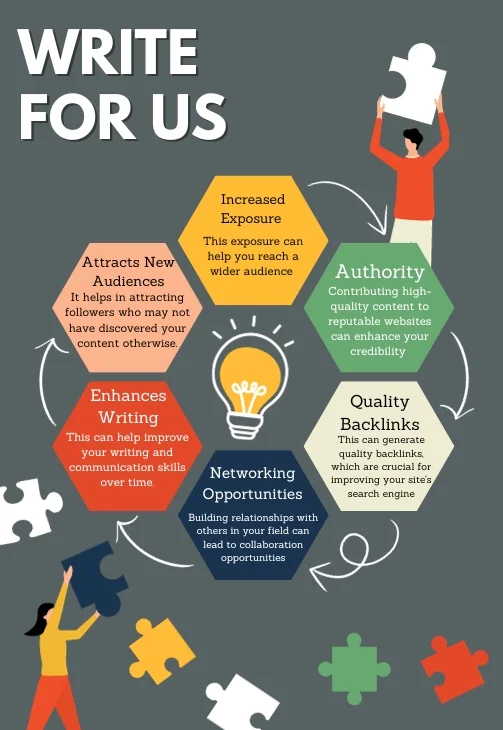Higher Business Management is a dynamic field that equips students with the skills and knowledge needed to navigate the complexities of the business world. Assignments in this discipline are designed to challenge students, encouraging them to apply theoretical concepts to real-world scenarios. In this article, we will delve into the essence of higher business management assignment examples that illustrate their practical application.
Benefits of Real world Examples in Business Management Task
Firstly, real-world examples provide students with practical insights into the concepts and theories they are studying. By analyzing and applying these examples, students can develop a deeper understanding of how business management principles are applied in actual settings. This helps bridge the gap between theory and practice, allowing students to see the relevance and applicability of their studies.
Secondly, real-world examples enhance critical thinking and problem-solving skills. By examining real-life scenarios, students are challenged to analyze complex situations, identify key issues, and propose effective solutions. This experiential learning approach encourages students to think critically, evaluate multiple perspectives, and make informed decisions – all essential skills for successful business managers.
Market Analysis Business Management Assignment:
One common assignment in higher business management is conducting a market analysis. This task requires students to evaluate market trends, identify competitors, and analyze consumer behavior. For instance, imagine a scenario where a student is tasked with assessing the market for electric vehicles. They would need to explore factors such as government policies, technological advancements, and consumer preferences to provide a comprehensive analysis.
Financial Management Assignment:
Financial management is a crucial aspect of business, and assignments in this area often involve budgeting, financial planning, and risk management, Business Management. Consider a scenario where students are asked to develop a financial plan for a start-up company. This would entail forecasting revenues, managing expenses, and assessing potential financial risks. Such assignments prepare students to make informed decisions in real-world financial scenarios.
Strategic Planning Assignment:
Strategic planning assignments challenge students to think critically about a company’s long-term goals and how to achieve them. For example, students might be asked to create a strategic plan for a retail company aiming to expand internationally. This would involve considering market entry strategies, cultural differences, and potential challenges. Such assignments encourage students to think strategically and anticipate future business landscapes and Business Management.
Human Resource Management Assignment:
Human resource management and Business Management is integral to the success of any business. Assignments in this area often revolve around recruitment, employee motivation, and performance evaluation. Imagine a student tasked with developing a comprehensive employee training program for a multinational corporation. This assignment would require understanding the company’s culture, identifying training needs, and proposing effective training methods.
Ethical Dilemmas in Business Assignment:
Ethical considerations are paramount in the business world. Assignments exploring ethical dilemmas challenge students to analyze and propose solutions to complex moral issues. For instance, students might be presented with a case study involving a company facing a dilemma related to environmental sustainability and Business Management. They would need to weigh the financial implications against the ethical responsibility of the company. Demonstrating an understanding of the multifaceted nature of business decisions. Expressing an awareness of the complexity of commercial decision-making.
Conclusion:
Higher Business Management assignment go beyond theoretical concepts, providing students with opportunities to apply their knowledge to real-world scenarios. By engaging in tasks such as market analysis, financial management, strategic planning, human resource management, and ethical considerations, students are better prepared to tackle the challenges they will face in their future careers. These assignments not only enhance academic learning but also foster the development of critical thinking, problem-solving, and decision-making skills essential for success in the dynamic business environment.











